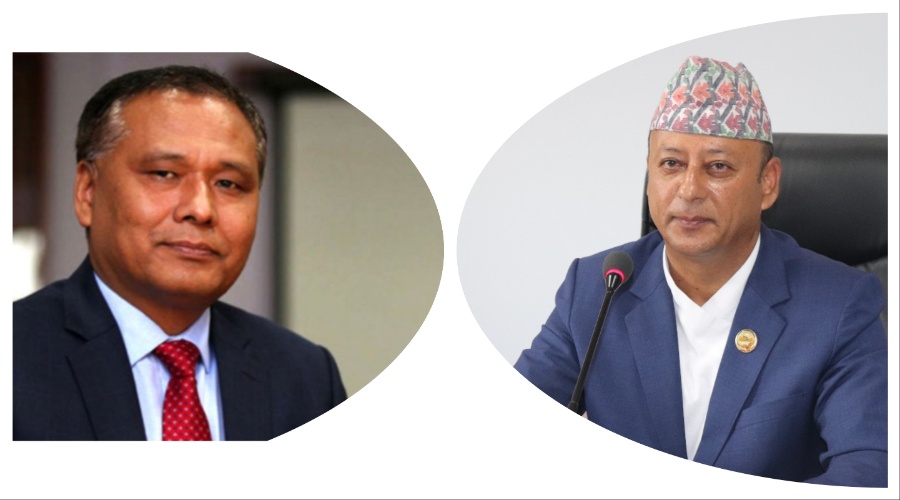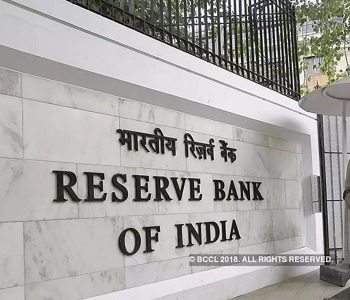Energy Minister Khadka faces allegations of corruption in Jagdulla Hydropower Project
The minister is accused of facilitating a collusion among contractors to manipulate the bidding process, prompting an investigation by the Commission for Investigation of Abuse of Authority (CIAA)
KATHMANDU: Energy, Water Resources and Irrigation Minister Deepak Khadka is under fire for alleged corruption and misconduct related to the 16-billion-rupee contract for the Jagdulla Hydropower Project. The minister is accused of facilitating a collusion among contractors to manipulate the bidding process, prompting an investigation by the Commission for Investigation of Abuse of Authority (CIAA).
The allegations state that Minister Khadka brought contractors to his office to negotiate financial arrangements, ensuring the contract would go to High Himalaya Hydro Construction and AGE. Competing contractors were reportedly offered 150 million rupees each, or 1% of the project’s cost, to withdraw from the bidding process. Furthermore, Khadka is alleged to have secured a 2% kickback for himself. CIAA officials have confirmed receiving complaints and initiated investigations into the matter.
The Jagdulla Hydropower Project, a 106 MW initiative in Dolpa, was being developed by Jagdulla Hydropower Company, a subsidiary of the government’s power production firm. Five companies initially submitted bids for the civil and hydromechanical packages, but allegations indicate that four were coerced into withdrawing under questionable circumstances.
Minister Khadka has also targeted Kulman Ghising, the Executive Director of the Nepal Electricity Authority (NEA), accusing him of insubordination and failure to provide satisfactory explanations for various issues. Khadka recently issued a formal notice demanding a justification for why Ghising’s appointment should not be terminated.
The conflict between the minister and the NEA chief escalated over the collection of electricity dues from dedicated and trunk lines. Ghising opposed a ministry-formed committee, arguing that only the Electricity Regulatory Commission or courts have the legal authority to assess billing disputes. Minister Khadka, however, labeled Ghising’s dissent as defiance of government directives.
The Energy Ministry has accused Ghising of delaying performance evaluation reports required for his tenure review, further straining relations. According to ministry officials, Ghising failed to submit the details necessary for evaluating his performance within the stipulated timeframe, a violation of the annual review process.
Minister Khadka’s actions have drawn criticism from energy experts, who view his maneuvers as an attempt to consolidate control over the energy sector. His proposal to allocate NEA funds for the operation of the ministry’s committee, including allowances and office expenses, faced resistance from Ghising. The NEA chief submitted a “note of dissent,” arguing that such expenses were not legally justifiable.
Tensions escalated when Minister Khadka accused Ghising of disregarding government directives and obstructing decisions of the NEA Board. The ministry’s letter to Ghising stated that his dissent violated Section 25 of the NEA Act, 2049, and undermined the government’s authority.
Minister Khadka himself is embroiled in deeper controversy, with accusations of misconduct in the hydropower sector piling up. Reports indicate that he orchestrated a meeting of contractors in the Energy Ministry to settle the Jagdulla project bidding process, with payments allegedly exchanged in his office. CIAA officials are investigating claims that contractors agreed to share portions of the project cost to secure the deal, with a cut allocated for the minister.
The minister’s alleged interference has also delayed the Jagdulla project’s progress, with the bidding process now canceled due to the ongoing controversy. Critics argue that such actions damage Nepal’s investment climate and erode trust in the government’s infrastructure development efforts.
Minister Khadka was unavailable for comment as his phone remained switched off, while the CIAA confirmed ongoing investigations into the allegations. Meanwhile, stakeholders in the energy sector are calling for transparency and accountability, emphasizing that such controversies tarnish the credibility of public institutions and impede Nepal’s hydropower ambitions.














Facebook Comment